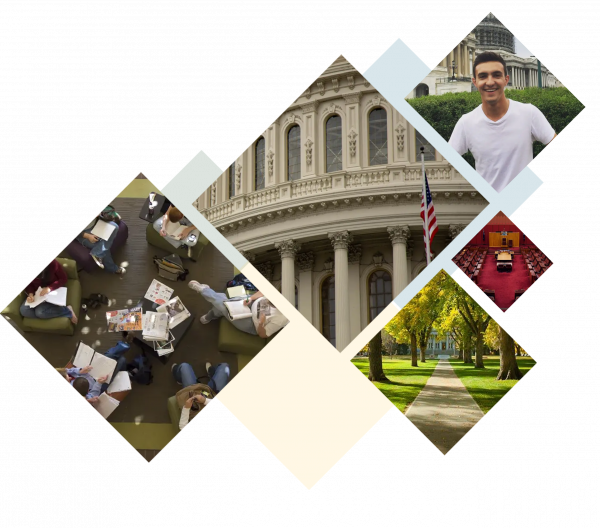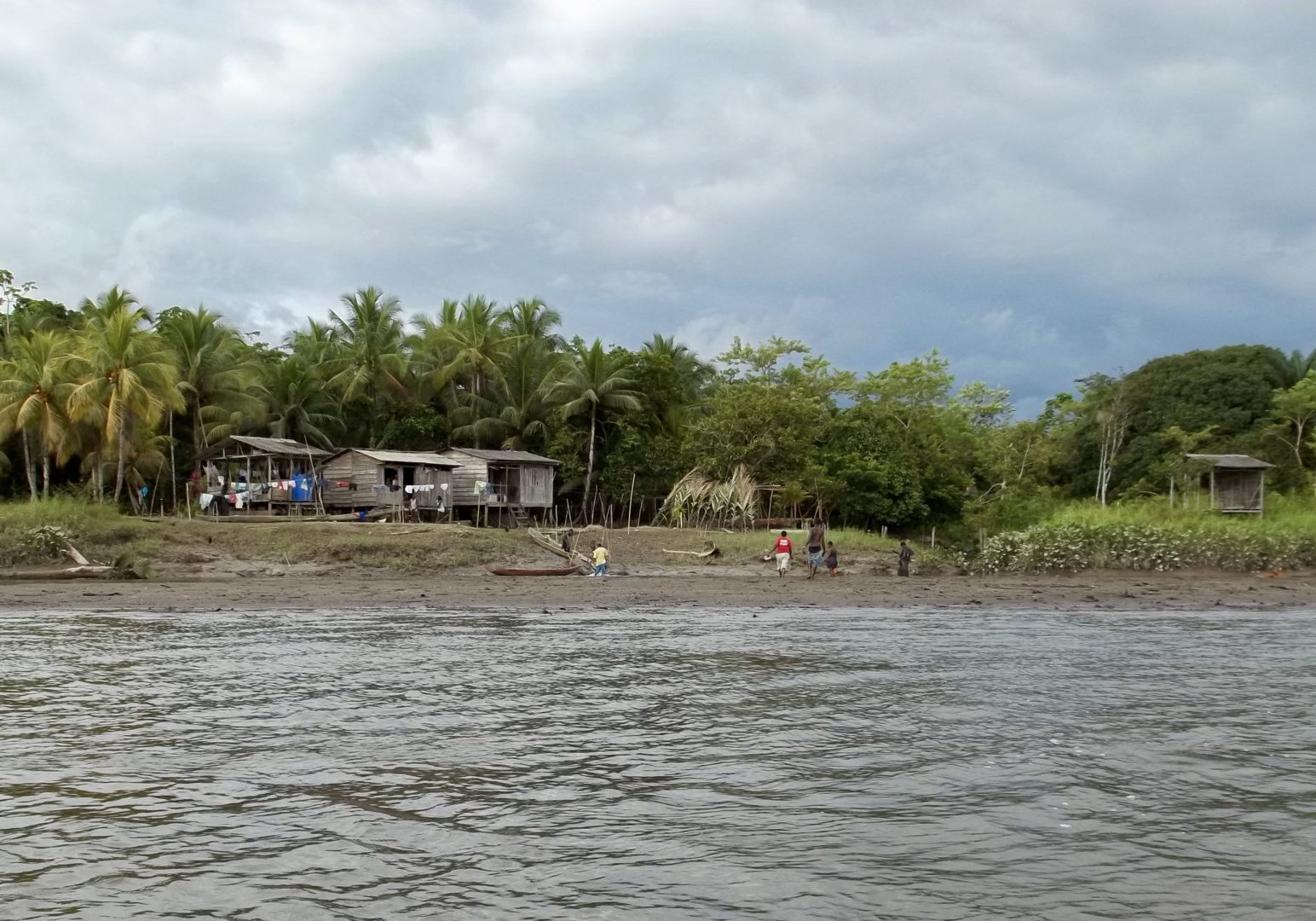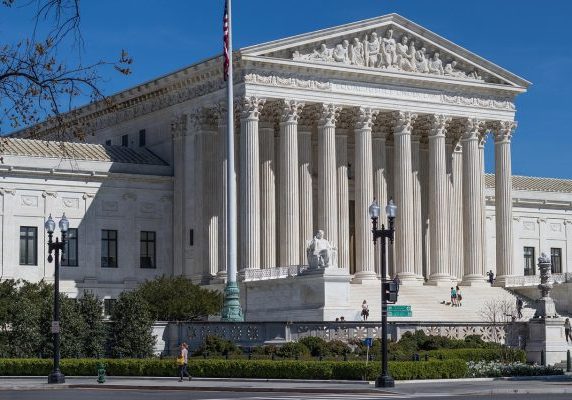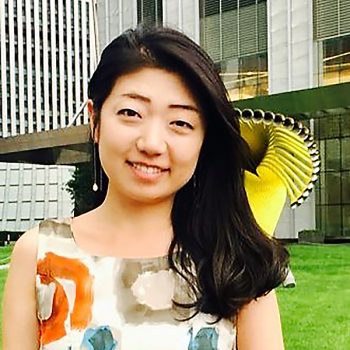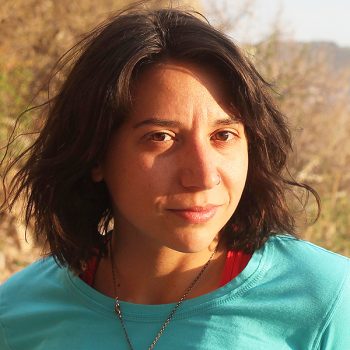Faculty Research and Engagement
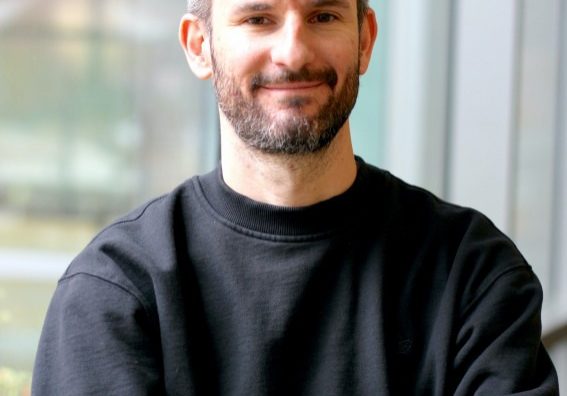
Peter Harris named 2026 Research Fellow at West Point’s Modern War Institute
CSU political science professor Peter Harris has been named a 2026 research fellow with the Modern War Institute at the United States Military Academy, a competitive, remote appointment recognizing his expertise in international security and U.S. foreign policy.

As Dungeons & Dragons turns 50, should more political leaders roll the dice?
Fifty years ago, the role-playing game Dungeons & Dragons was created, and despite some initial controversies, it has endured to become a beloved pastime and cultural touchstone for many. But for CSU political science instructor James “Pigeon” Fielder, it’s much more than that.
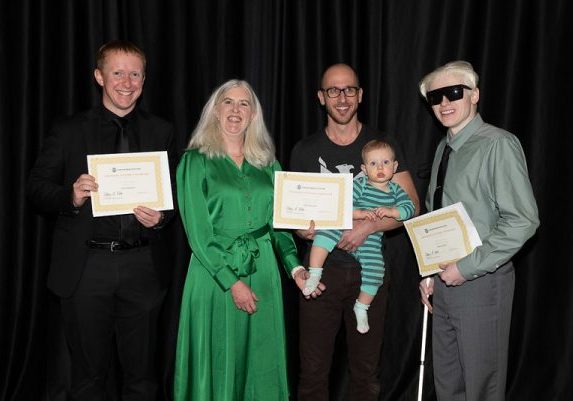
CLA Grad Students Win at the CSU Grad Showcase 2024
Colorado State University graduate students presented their creative work, research and entrepreneurship during the 2024 GradShow on Nov. 20. Out of 241 participants across all eight colleges, five CLA students won top honors.
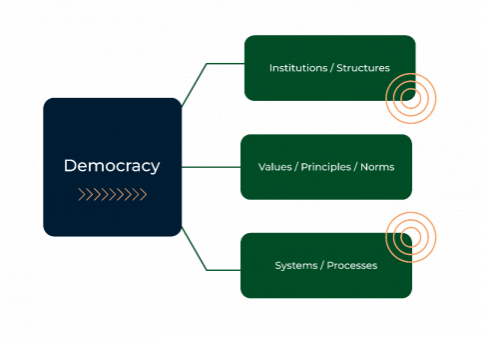
Liberal Arts and Democracy
In 2023-24, CSU emphasized democracy and civic engagement for our thematic year. From screen to stage and the Supreme Court to Latin America, our faculty explore issues of democracy.
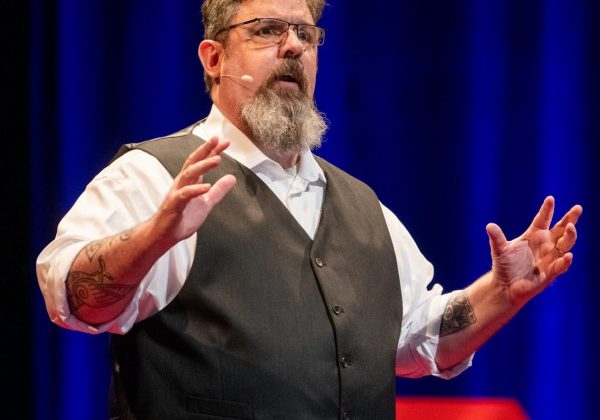
Game On – CSU Political Science Instructor and Military Veteran on Why You Should Play Games at Work
James “Pigeon” Fielder, CSU Instructor in the Department of Political Science, had the honor of speaking at TEDxMileHigh this past November where he discussed the power of games. Games, as he describes, are spaces inside which ritual becomes real to the participants. Games allow you to work together to overcome obstacles that feel real but are […]
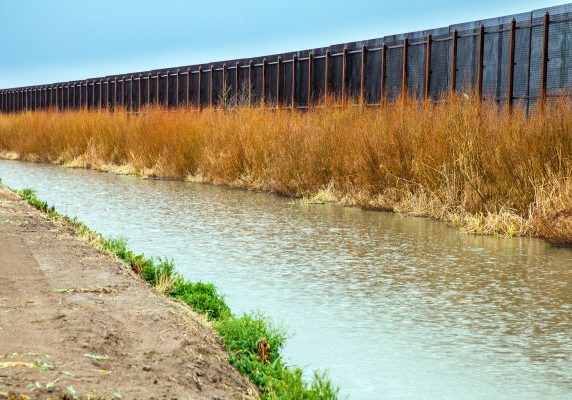
Navigating Borders: Could water be a bridge between U.S. and Mexico?
Because both the Rio Grande and Colorado rivers’ headwaters begin in the U.S. and flow across the border, both sides depend on the other for the water. Since the 1990s, getting enough of that water has been a problem compounded by a booming population and climate change. The common problem has forced the two countries […]

Being a responsible digital citizen in the age of information disorder
A political science capstone class looked beyond “fake news” to the root problem of information disorder in our democracy, and offered advice for citizens to responsibly combat misinformation, disinformation, and malinformation.
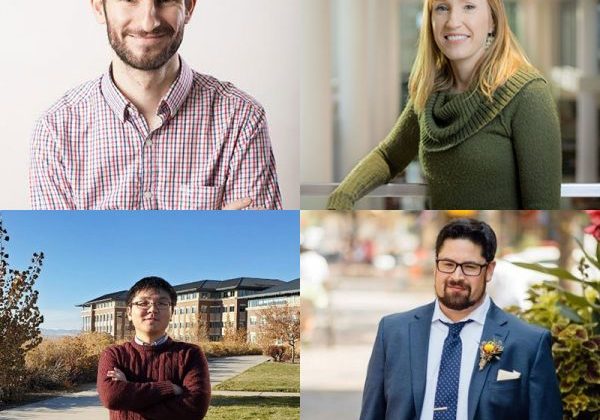
CSU faculty receive $450,000 Carnegie grant to track how U.S. international policy impacts local communities
Starting January 2022, a CSU research team will lead a project that will produce a map of the distributive implications of U.S. foreign policy – a map that will allow communities to better understand their relationship to America’s role in the world.
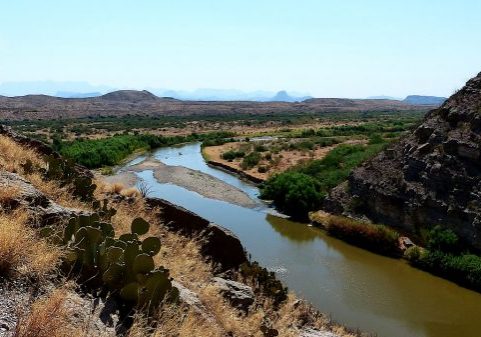
Navigating borders: Could water be a bridge between U.S. and Mexico?
Since the 1990s, getting enough water has been a problem that — drop by drop — has only been compounded over the years for both sides of the U.S./Mexico border.
Student Research
SOGES Sustainability Leadership Fellows
The SoGES Sustainability Leadership Fellows program provides innovative training for early career scientists to effectively communicate science to the media and public, professional development skills and techniques, and strategies to build meaningful careers that incorporate engagement and interdisciplinarity. The competitive program accepts 20 advanced PhD students and postdoctoral scholars each year from across campus interested in communicating their sustainability-related research.
Institute for Research in the Social Sciences
The Institute for Research in the Social Sciences (IRISS) at Colorado State University aims to connect and support social scientists with other researchers, as well as university, community, and industry partners.
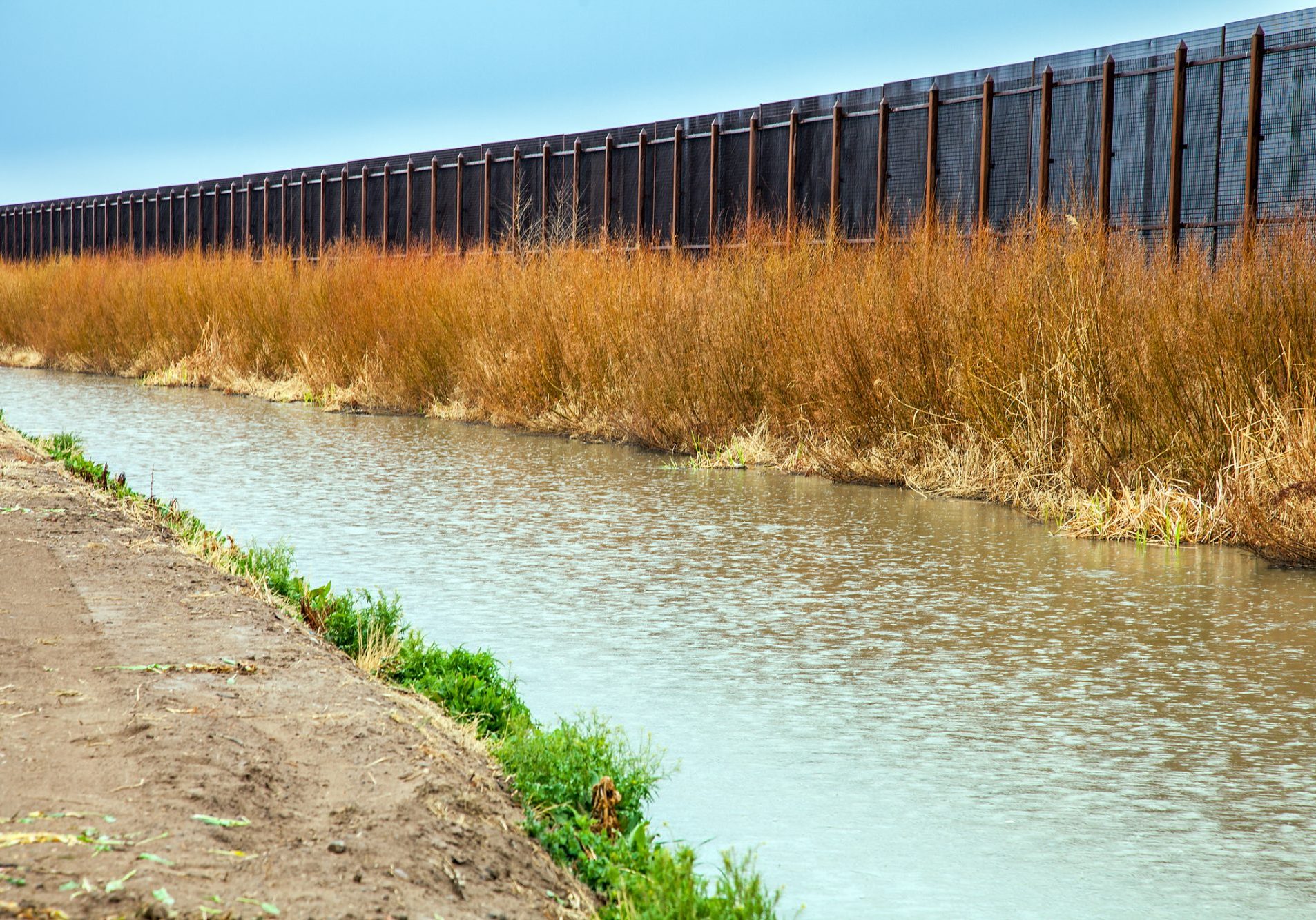
Awards & Honors
- Dominik Stecuła - Honorable Mention: Provost Research Scholar, Celebrate! Provost Awards (2023)
- Allison White - Exceptional Achievement in Service-Learning Instructional Innovation Awards, Celebrate! Colorado State Awards (2023)
- Matthew Hitt – Monfort Professor, Colorado State University (2022)
- Stephen Mumme – Lifetime Achievement Award, Association of Borderlands Studies (2021)
- Gamze Çavdar - Suraj Mal and Shyama Devi Agarwal Book Prize, International Association for Feminist Economics (2021)
- Susan Opp – Top 100 Local Government Influencers, Engaging Local Government Leaders (2020)
Books & Publications
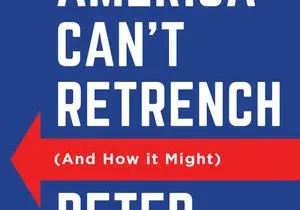
Why America Can’t Retrench (And How it Might)
Why America Can’t Retrench (And How it Might) by Peter Harris https://www.wiley.com/en-us/Why+America+Can’t+Retrench+(And+How+it+Might)-p-9781509562091 Even as growing polarization and hyper-partisanship define society and politics at home, American leaders seem to agree on one thing: US military dominance abroad is essential for national security and international stability. This is despite an upswing in popular support for “doing less” […]
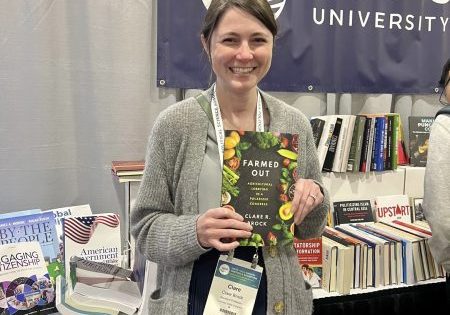
Farmed Out: Agricultural Lobbying in a Polarized Congress
Farmed Out: Agricultural Lobbying in a Polarized Congress by Clare R. Brock https://global.oup.com/academic/product/farmed-out-9780197683804?cc=us&lang=en& Interest groups have a tremendous impact on public policy. Congressional capacity for research and fact-finding is at a historical low, and interest groups have rushed in to fill the gap. They effectively act as adjunct staffers by providing members of Congress with […]
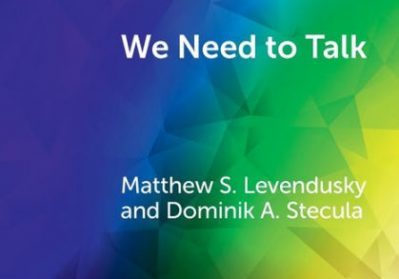
We Need to Talk: How Cross-Party Dialogue Reduces Affective Polarization
Authors: Dominik A. Stecula, Matthew S. Levendusky Summary: Americans today are affectively polarized: they dislike and distrust those from the opposing political party more than they did in the past, with damaging consequences for their democracy. This Element tests one strategy for ameliorating such animus: having ordinary Democrats and Republicans come together for cross-party political […]
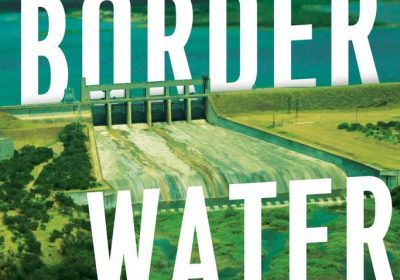
Border Water: The Politics of U.S.-Mexico Transboundary Water Management, 1945–2015
Author: Stephen P. Mumme Summary: The international boundary between the United States and Mexico spans more than 1,900 miles. Along much of this international border, water is what separates one country from the other. Border Water provides a historical account of the development of governance related to transboundary and border water resources between the United […]
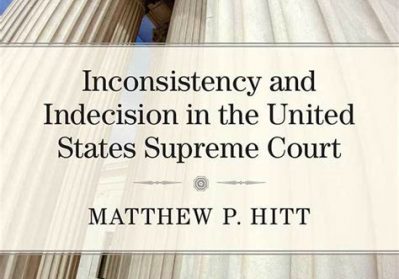
Inconsistency and Indecision in the United States Supreme Court
Author: Matthew Hitt Summary: The United States Supreme Court exists to resolve constitutional disputes among lower courts and the other branches of government, allowing elected officials, citizens, and businesses to act without legal uncertainty. American law and society function more effectively when the Court resolves these ambiguous questions of Constitutional law. Since lower courts must […]
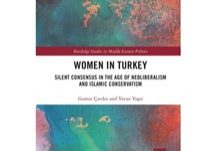
Women in Turkey: Silent Consensus at the Age of Neoliberalism and Islamic Conservatism
Author: Gamze Çavdar Summary: This book provides a socio-economic examination of the status of women in contemporary Turkey, assessing how policies have combined elements of neoliberalism and Islamic conservatism. Using rich qualitative and quantitative analyses, Women in Turkey analyses the policies concerning women in the areas of employment, education and health and the fundamental transformation […]
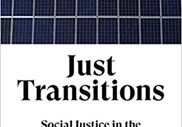
Just Transitions: Social Justice in the Shift Towards a Low-Carbon World
Author: Dimitris Stevis, Edouard Morena, Dunja Krause Summary: “In the field of ‘climate change’, no terrain goes uncontested. The terminological tug of war between activists and corporations, scientists and governments, has seen radical notions of ‘sustainability’ emptied of urgency and subordinated to the interests of capital. ‘Just Transition’ is the latest such battleground, and the […]

Home Style Opinion: How Local Newspapers Can Slow Polarization
Author: Matthew Hitt, Joshua Darr, Johanna Dunaway Summary: Local newspapers can hold back the rising tide of political division in America by turning away from the partisan battles in Washington and focusing their opinion page on local issues. When a local newspaper in California dropped national politics from its opinion page, the resulting space filled […]

Mourning in America: Race and the Politics of Loss
Author: David W. McIvor Summary: Recent years have brought public mourning to the heart of American politics, as exemplified by the spread and power of the Black Lives Matter movement, which has gained force through its identification of pervasive social injustices with individual losses. The deaths of Sandra Bland, Michael Brown, Freddie Gray, Trayvon Martin, […]
Recent Journal Publications
- Lee, N.R., Stecula, D. Subnational bipartisanship on climate change: evidence from surveys of local and state policymakers. Climatic Change (2021).
- Daum, C. White Complicity, New Political Science (2020).
- McIvor, D. Clad in mourning: psychoanalysis and race in contemporary America. Journal of Psychosocial Studies (2020).
- Stevis, D. Planetary just transition? How inclusive and how just?. Earth System Governance (2020).
